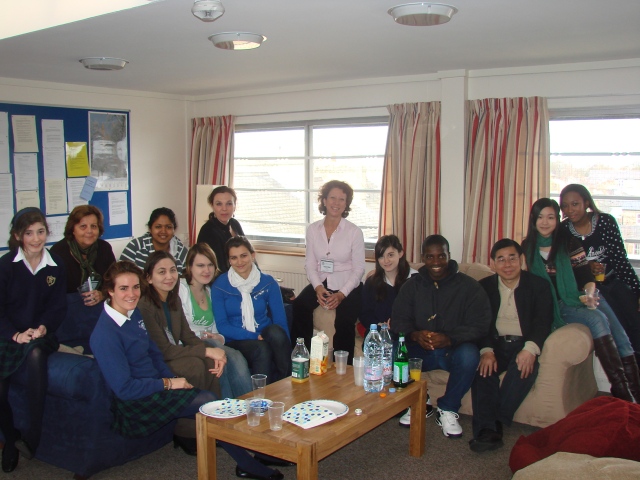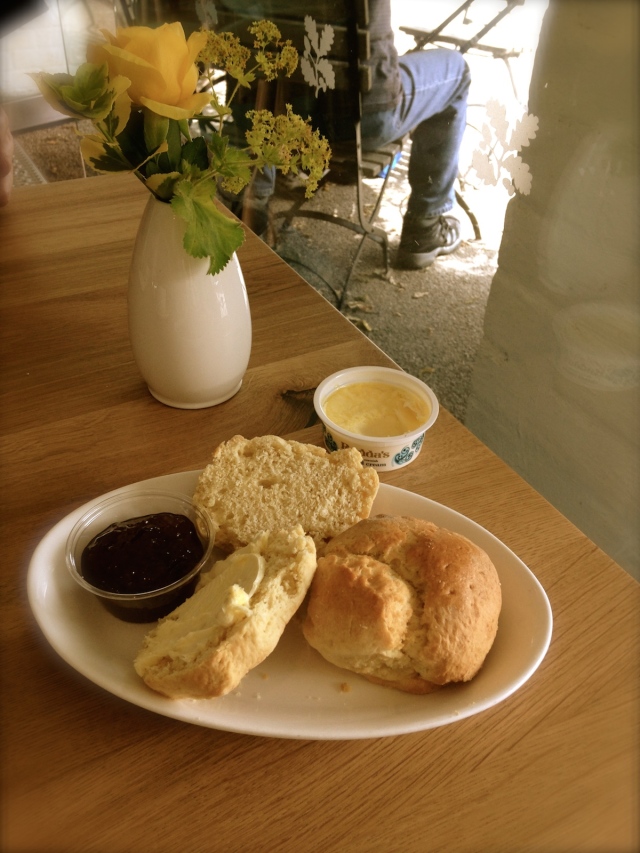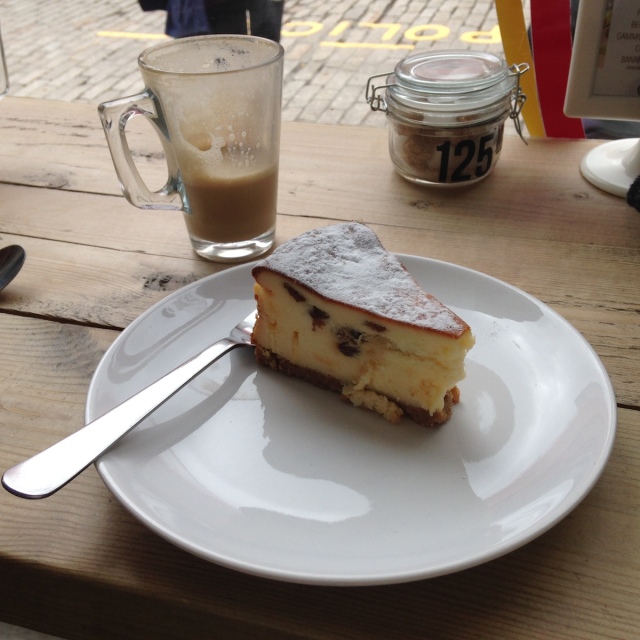Isabel Alvarez knows a thing or two about the UK Education system since she has been studying it and working within it for the past twenty years.
Over this time she has helped guide countless of young people into some of the best education institutions the country has to offer, whether that be for GCSEs in a boarding school, or an English language summer course. She also knows a lot about learning English as a second language as Spanish is her first.
You don’t need to spend much time with Isabel to see that she puts her heart and soul into her role, and this is also clear to the parents and young people she works with, often remaining in contact with them long after a placements has been found.
I spent some time with her asking her about her role as the Education Agent, and this is what she said:
Q: What is the Education Agent’s role?
A: To understand the education system and qualifications in the destination country, and to supply international students with truthful information about educational institutions and their courses, enrolment and visa conditions, living conditions available and costs involved.
The role also includes assisting the candidate with the school enrolment documents and assistance while living in the country. This is usually done in the student’s first language, which is the main reason why an educational agent is incredibly helpful and not a commodity.
Q: What type of courses and schools do you help find and place aspiring students in?
A: The age range of our courses and schools are for students between 8 and 18 years old. Our students usually come to do the Sixth Form and will continue to University. Some of our summer courses are highly academic and prepare students for studying in the British system, either school years or University. Other international students come to immerse themselves in the British way of life and the English language; they come to have the experience and can stay for a few weeks, one term or one academic year.
In general students studying abroad believe that the year or more abroad was the best experience of their lives. It makes them mature and they become ‘international’ students.
Q: What training and experience do you have behind you that informs your work as an education agent?
A: The experience comes from the working place. The training by attending courses and seminars organised by the council of the destination country. I also spend a lot of time studying what is available to students so I can offer the best – research is an everyday duty in the office.

Q: What is it about your work that you enjoy?
A: The main reason I am in this job is because I speak two languages, I know the British education system and I love the challenge of matching a student’s requirement with the right course /school. I have the computer skills to filter essential information about the schools defined by parameters to match with the students’ needs. I’m extremely lucky to have found something to do that I love and at the same time help a student to have the experience of their life. Awesome!



